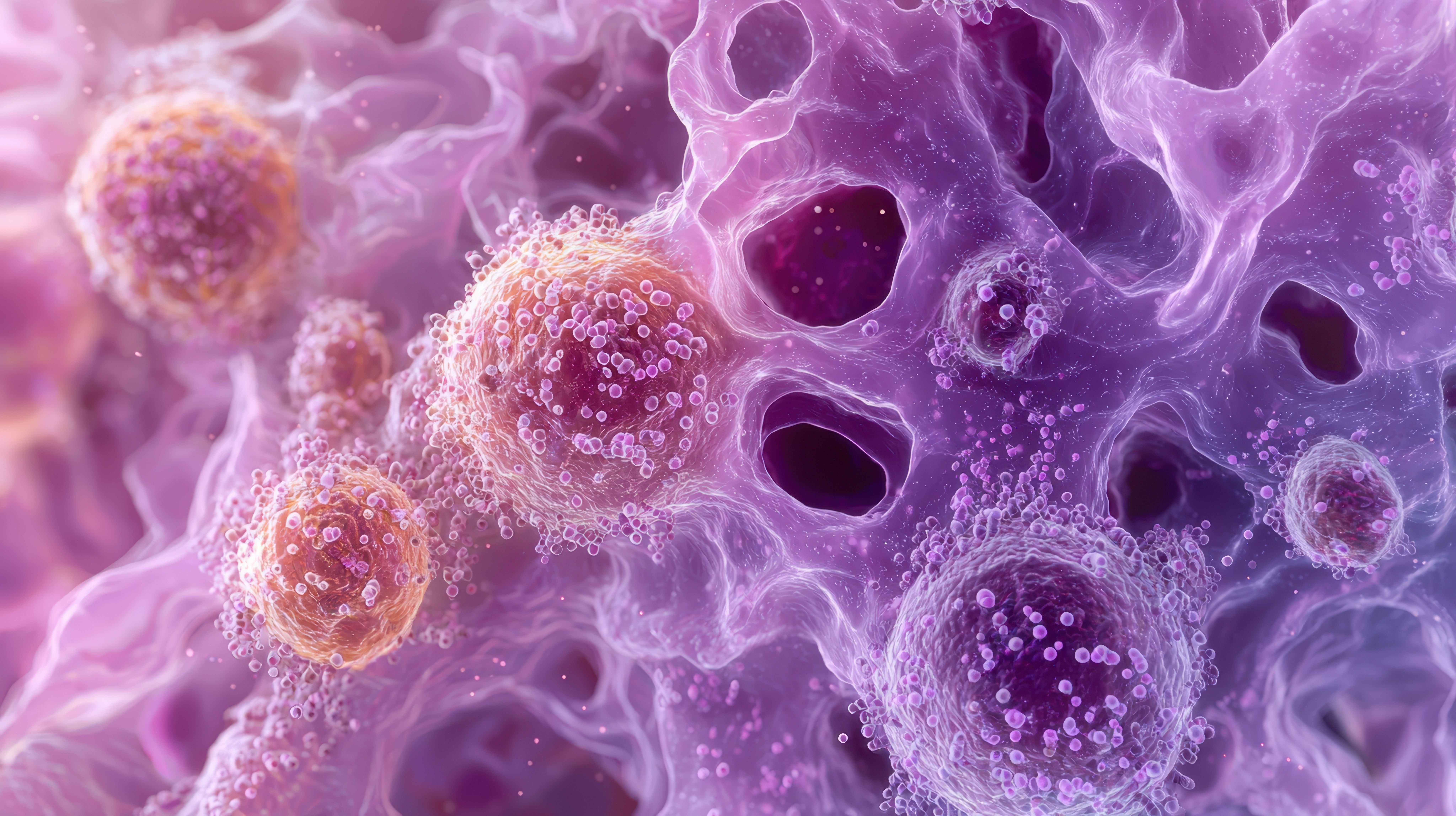Article
Cell Division Demystified: Scientists Find Way to Target Cancerous Cells
Author(s):
Protein may hold key to eradicating cancer cells.
Protein may hold key to eradicating cancer cells.
How do scientists manage a targeted attack on normal cells in addition to cancerous cells in chemotherapy? They don’t.
That is, not until now. Scientists at Florida State University think they have developed a way to prevent chemotherapy treatments from attacking normal cells that rapidly divide.
The key, said Daniel Kaplan, a College of Medicine Department of Biomedical Sciences researcher, is a protein called Treslin.
“It can target cancer cells,” Kaplan said. “Most chemotherapy also targets rapidly dividing normal cells, but this seems to have promise for not doing that. Drug companies are going to be excited.”
A cell’s DNA must be copied and the strands of that DNA’s double helix must be unwound prior to cell division. The strands are unwound via a protein called helicase.
One strand needs to be inside the helicase ring, the other outside. A kinase called Cdc7, or a protein that chemically modified other proteins, opens the helicase ring to let one strand loose.
However, scientists only recently discovered that Treslin is also a key ingredient to this process.
“We had tried to reconstitute the chemical modification step in our lab but we always had a weak reaction,” Kaplan said. “Dozens of other labs published this kind of work, and it was always weak. Always in the back of my mind I was saying, ‘Maybe something’s missing.’ It occurred to me that there must be some kind of activator. So we started trying different proteins.”
That’s how they singled out Treslin, which both stimulates the chemical modification of the helicase to activate it, and assembles the helicase in preparation for cell division. Cancer is the unregulated division of cells, so knowing how to stop the division process is crucial to understanding how to eradicate the disease.
“We think this is really important because now we can take this purified Treslin and the helicase, put them in a tube and watch the chemical modification occur,” Kaplan said. “Then we can add small molecule inhibitors to see if we can inhibit that. That should stop activation of the helicase. That should stop the cancer cells from dividing. You kill cancer cells but not normal cells.”
Following the study, Florida State has filed for a provisional patent, having only one year to find a drug company to partner to develop a small molecule inhibitor.
While the researchers are glad to have found an answer to some of the questions regarding cell division, there are still many more to be answered and further research must be conducted in order to ascertain the answers to these lingering questions. In the meantime, the researchers are on the hunt for a viable partner to aid in further research and develop a small molecule inhibitor.
Newsletter
Stay informed on drug updates, treatment guidelines, and pharmacy practice trends—subscribe to Pharmacy Times for weekly clinical insights.





